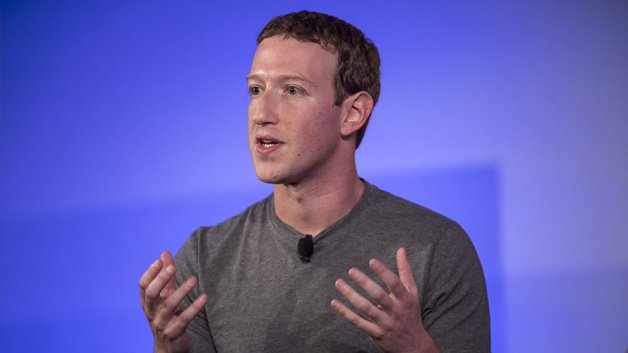After Donald Trump won the US presidential election in 2016, a cybersecurity investigation started, which determined that the businessman had been favored by the intrusion of Russian government actors. Now, just months before the next presidential election, billionaire George Soros has made a controversial call related to Trump’s potential re-election.
Through a letter published in Financial Times, Soros has called Mark Zuckerberg and Sheryl Sandberg, senior members of Facebook’s executive committee, to leave their respective positions at the company. According to Soros, political propaganda on Facebook is favoring another four years for President Donald Trump.

The letter, while brief, sets a clear stance against Facebook’s current policies, as Soros believes that “Zuckerberg seems to have some kind of mutually assisting agreement with Donald Trump; Mark Zuckerberg and Sheryl Sandberg should be removed from their positions.” Soros is probably Facebook’s biggest critic and the company has not stood by in the face of constant criticism from the billionaire.
In 2018, it was shown that Facebook hired a public relations firm to deploy a smear campaign against Soros. The firm Definers was hired to investigate Soros’ links to the Freedom from Facebook campaign, which would seek the demise of the social media platform. Although Sandberg initially denied these signs, he eventually acknowledged the campaign.
At the time of the publication of this letter, Zuckerberg was on his way to a meeting with European lawmakers on cybersecurity regulation on potentially harmful content posted on the Internet. The creator of the social network considers the current rules to be too severe, so he will ask lawmakers to reconsider his proposal.
It is anticipated that legislators do not consider Zuckerberg’s proposal, including Thierry Breton, industry commissioner of the European parliament, said: “It is not for us to adapt to Facebook, it is up to Facebook to adapt to us.”
Several cybersecurity firms have had access to a document listing the characteristics of its ideal internet content regulation model, a proposal that could be dismissed by the European Parliament in the coming hours.
He is a cyber security and malware researcher. He studied Computer Science and started working as a cyber security analyst in 2006. He is actively working as an cyber security investigator. He also worked for different security companies. His everyday job includes researching about new cyber security incidents. Also he has deep level of knowledge in enterprise security implementation.
